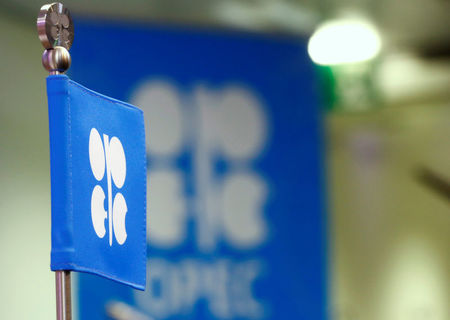
OPEC+ is expected to extend its production cuts rather than increasing output, according to analysts at UBS.
This comes ahead of the coalition’s scheduled December meeting, where its members will deliberate on production policies.
UBS notes that current market conditions—characterized by oil prices hovering near the lower end of their trading range—are not conducive to a production increase.
The organization is wary of exacerbating a seasonal surplus in the oil market, a move that could further pressure prices.
The analysts suggest that OPEC+ will likely extend its production cut policy for an additional three months, into the first quarter of 2025, a period traditionally marked by weaker oil demand.
UBS analysts argue this cautious approach provides the alliance flexibility to adjust production in response to unexpected disruptions or stronger-than-anticipated demand later in the year.
They flag the ongoing efforts by Iraq, Kazakhstan, and Russia to address overproduction as a significant factor supporting this strategy.
While the consensus leans toward an extension of the cuts, UBS warns of the potential market fallout should OPEC+ decide to increase output prematurely.
Such a decision could drive Brent crude prices below $70 per barrel, depending on how the increase is communicated.
Analysts at UBS view this scenario as unlikely, emphasizing the group’s historical preference for maintaining market stability over chasing market share.
UBS forecasts that Brent crude prices will remain around $75 per barrel through the remainder of 2024, supported by cautious OPEC+ policies.
The alliance’s strategy reflects its recognition of a finely balanced oil market, with a surplus projected in 2025 due to rising non-OPEC+ supply and sluggish demand growth.
This outlook underpins the analysts’ expectation that OPEC+ will defer unwinding production cuts until mid-2027 when non-OPEC+ supply growth is predicted to slow.
This post is originally published on INVESTING.


